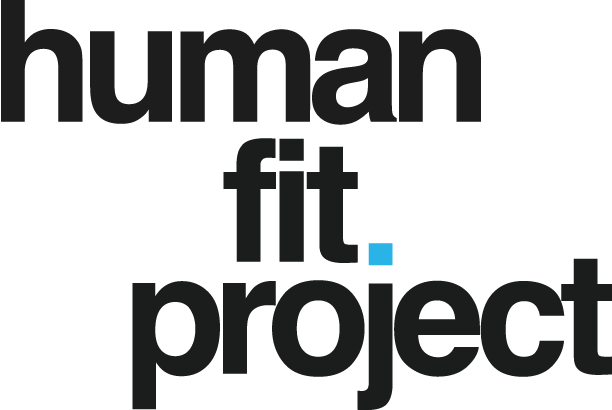The carnivore diet is having a moment right now. This diet, involving the exclusive consumption of animal products, goes back to the alleged dietary habits of our Paleolithic ancestors, positing that a return to such basics could remedy many modern health issues. Here’s a look into the carnivore diet, its potential benefits and the potential risks or downsides.
Related: 35+ free workout plans for different goals and ability levels
What is the Carnivore Diet?
The carnivore diet is as straightforward as it sounds: eat only animal products and eliminate all plant-based foods. Proponents consume primarily meats, fish, and limited dairy, focusing on fatty cuts to attain enough energy and satiety. Organ meats are also encouraged due to their high nutrient density. This diet excludes fruits, vegetables, legumes, grains, nuts, and seeds, positing that animal products provide all the necessary nutrients without the anti-nutrients and carbohydrates of plant-based foods.
While we’re not carnivore diet-ers, we do like select products from Heart & Soil, particularly the Grass-fed Colostrum for immune and gut support or the Beef Organs Complex for a more complete dose of nutritional support.
The Science Behind the Diet
The carnivore diet is a zero-carb diet that pushes the body into ketosis, a metabolic state where fat becomes the primary energy source instead of carbohydrates. The diet’s high protein and fat intake are purported to stabilize blood sugar levels, which can lead to improved satiety and reduced insulin spikes. However, scientific studies specifically targeting the carnivore diet are limited, and most evidence comes from anecdotal sources or broader research on low-carb and ketogenic diets.
Reported Benefits of the Carnivore Diet
Weight Loss and Fat Burning
The diet’s high protein and fat content can enhance satiety, potentially leading to decreased calorie consumption and significant weight loss. The metabolic shift to fat-burning can also target body fat stores, aiding in fat loss efforts.
Simplified Dieting
Without the need to count calories or balance food groups, meal preparation and diet adherence might be simpler for some people.
Reduction in Inflammatory Markers
Some followers report reductions in inflammation and symptomatic relief from autoimmune conditions, although these outcomes are primarily anecdotal.
Risks and Criticisms
The diet’s restrictive nature raises significant nutritional concerns. Excluding all plant-based foods can result in deficiencies in vitamins C and E, fiber, and certain antioxidants, which are crucial for long-term health. The heavy reliance on red and processed meats has been linked by numerous studies to increased risks of heart disease and certain cancers. Furthermore, the absence of fiber can affect gut health and long-term digestive function.
Practical Guide to Starting the Carnivore Diet
Those interested in trying the carnivore diet should consider a gradual approach:
- Begin by Eliminating Sugars and Refined Carbohydrates: Transition to a lower carb intake by cutting out sugary snacks and drinks.
- Increase Protein and Fat Intake: Gradually replace some carbohydrates with protein and fat-rich foods, focusing on meats and dairy.
- Fully Transition to Animal Products: Eventually, remove all plant-based foods from your diet, focusing on maintaining a varied intake of different meats and animal products to cover nutritional bases.
Alternatives and Variations
For those concerned about the extremity of the carnivore diet, variations exist that include limited quantities of certain fruits, vegetables, or dairy. These can provide additional nutrients while still keeping carbohydrate intake very low. Comparisons with the ketogenic diet may be helpful, as both emphasize low carb intake but the keto diet allows for greater flexibility with plant-based fats and proteins.
The Last Word
The carnivore diet is a polarizing and intriguing dietary strategy that strips eating habits down to a presumed pre-agricultural era. While it offers simplicity and potential benefits, it carries significant risks and requires careful consideration and planning. Anyone considering such a drastic dietary change should consult with healthcare professionals and consider their personal health needs and lifestyle before starting this diet.
Disclosure: This post contains affiliate links. As an Amazon Associate, we earn from qualifying purchases.

